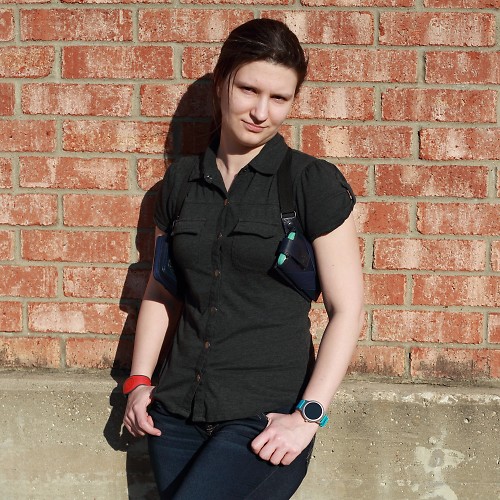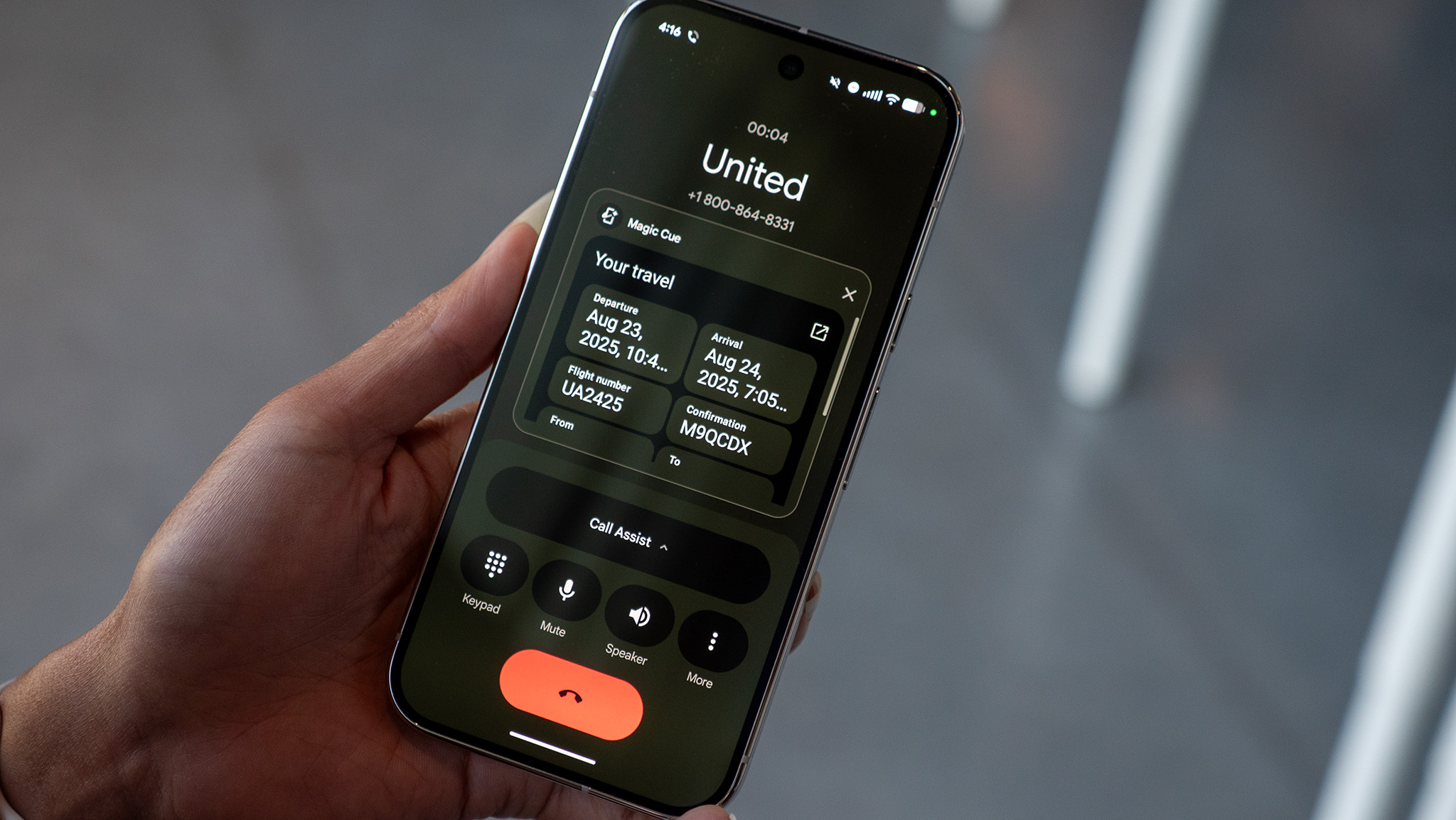6 things that still really annoy us about Chromebooks in 2020
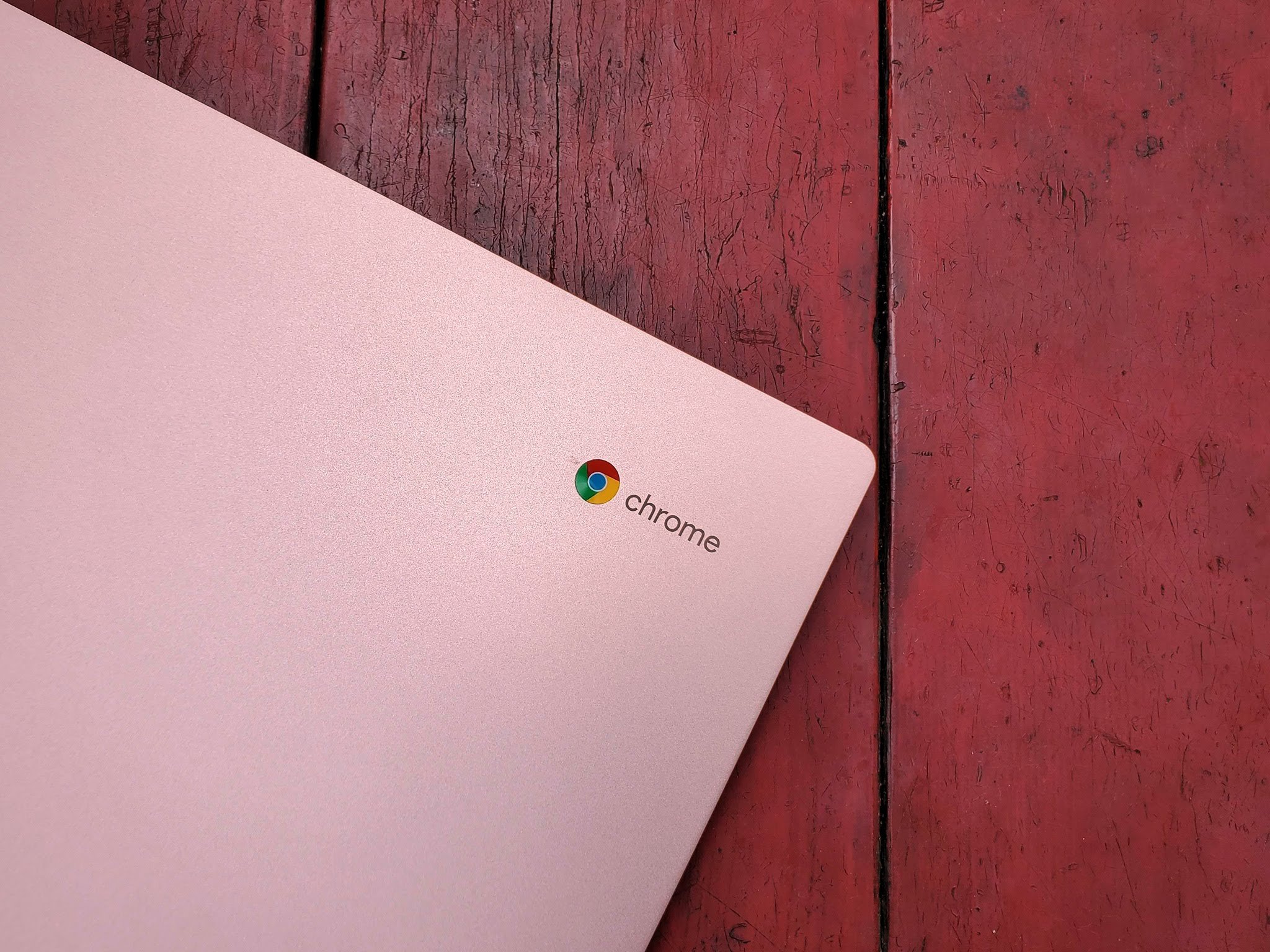
I have used many of the best Chromebook options for six years and been working full-time on them for the last four. I do that because laptops are perfect for working from home and they're even better as grab-and-go laptops that I can use when I escape the monotony of the home office for the vibrance and sunshine of an afternoon writing outside the house.
Chromebooks have significantly improved in the last couple of years: Chrome OS support life has almost doubled, durability is better across the board, and we finally have Chromebook tablets like the Lenovo Chromebook Duet that work well without costing a fortune. That said, there are still a few bad habits I'd love to see manufacturers break themselves out of when they design their next generation of Chromebooks.
1. 64GB needs to become the standard for Chromebook storage

Once upon a time, a 32GB Chromebook seemed perfectly fine, but nowadays when system files alone takes up 13GB on a 32GB Chromebook, it's time to accept that 32GB just doesn't cut it. 64GB should be the standard storage size for Chromebooks with 128GB as the upgrade option.
Yes, a microSD card can be used for some extra space for downloaded files, but things get wonky with apps. More importantly, a customer shouldn't have to rely on external storage to make up for a stingy manufacturer that cut corners in its quest for a cheaper Chromebook.
In the age of Chromebooks running Android apps and Linux apps, internal storage space is more important than ever, and it's time for Chromebook makers to acknowledge that not just in their feature lists but also in their storage specs.
2. Big-bezel 11.6-inch screens need to be replaced by 12-inch screens
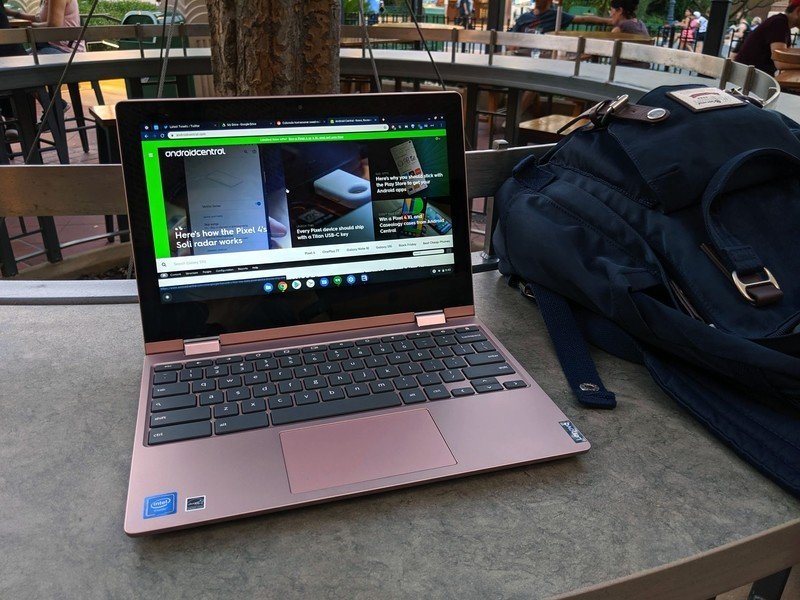
I'm a longtime fan of compact Chromebooks. Before I fell completely in love with the Lenovo Chromebook C330 and then its successor the C340, I used a ThinkPad Yoga Chromebook for the better part of four years. Small Chromebooks are great because they're lightweight, easy to carry, tend to have 10-12 hour battery lives, and usually are built to take a beating in stride.
About the only thing I've tired of on compact Chromebooks are the screens.
Get the latest news from Android Central, your trusted companion in the world of Android
An 11.6-inch screen by itself isn't too small to get work done on — sure, split screening is a wee bit cramped — but there's a criminal waste of space by sticking these 1-inch borders around that 11.6-inch screen. While compact Chromebooks are often catered to the budget market, that doesn't mean that after seven years we have to put up with the same 11.6-inch, 250nit 1366 x 768px screens.
Manufacturers could easily swap to a 12 or 12.5-inch screen in the same size Chromebook and still have enough of a bezel to hold onto when you flip things over to tablet mode. And while they're at it, they can upgrade the resolution.
3. Sub-1080p screens need to die, especially on larger Chromebooks
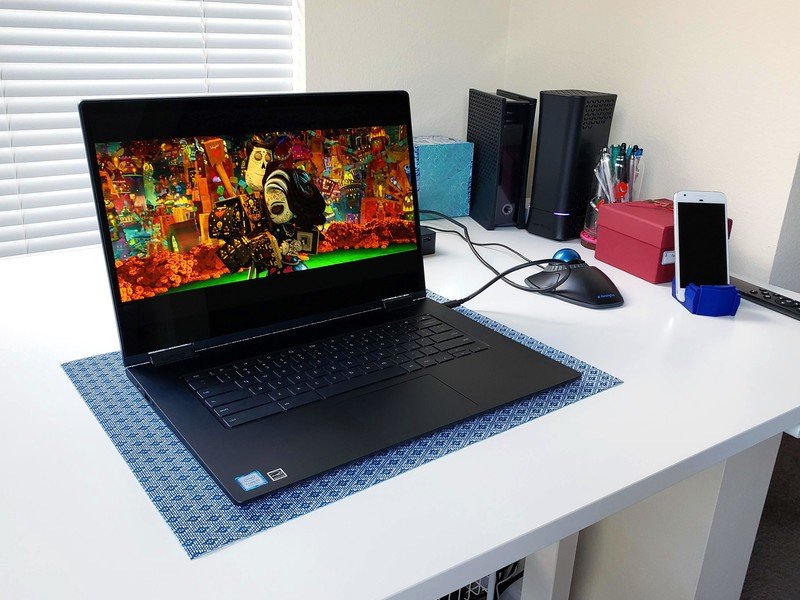
If Chromebooks want to throw off the "cheap" label once and for all, for the love of logcat can we ditch 1366 x 768px screens? 1080p should be the standard, especially for anything 13 inches or larger. The fact that brand-new Enterprise Chromebooks are offered at sub-1080p resolution is a goshdarn embarrassment.
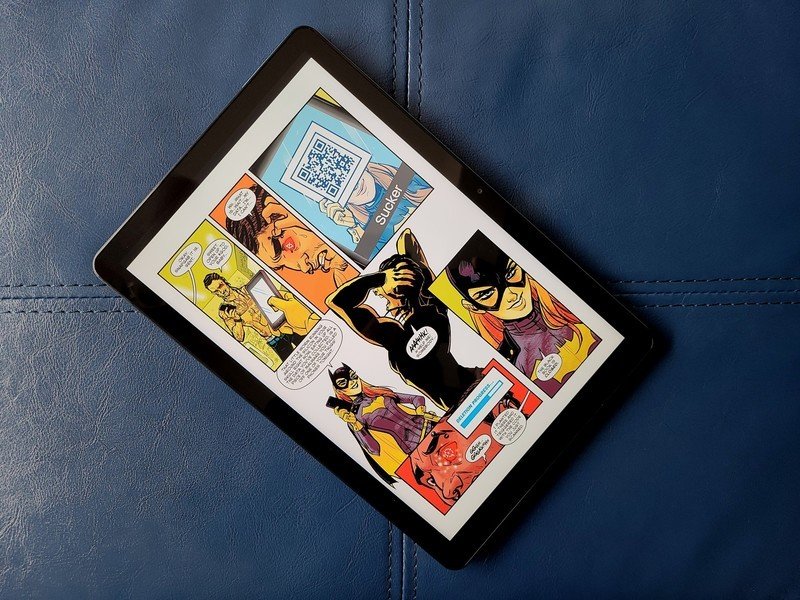
We know Chrome OS can look great on small 1080p screens like the Lenovo Chromebook Duet, and do so without costing a fortune. Yes, it would increase the cost of Chromebooks by a few dollars, but it's a worthwhile investment, especially now when Chromebooks are being built to last the better part of a decade.
This is especially important for larger-screen Chromebooks, where you need more pixels to start with in order for Chrome OS's "Display size" scaling to actually look good at anything other than native size. A 1080p or UHD screen looks great when scaled to other resolutions, but a 1366 x 768px screen just doesn't scale well at all, which makes them less useful to anyone needing larger text.
4. Stop trying to make the search key happen
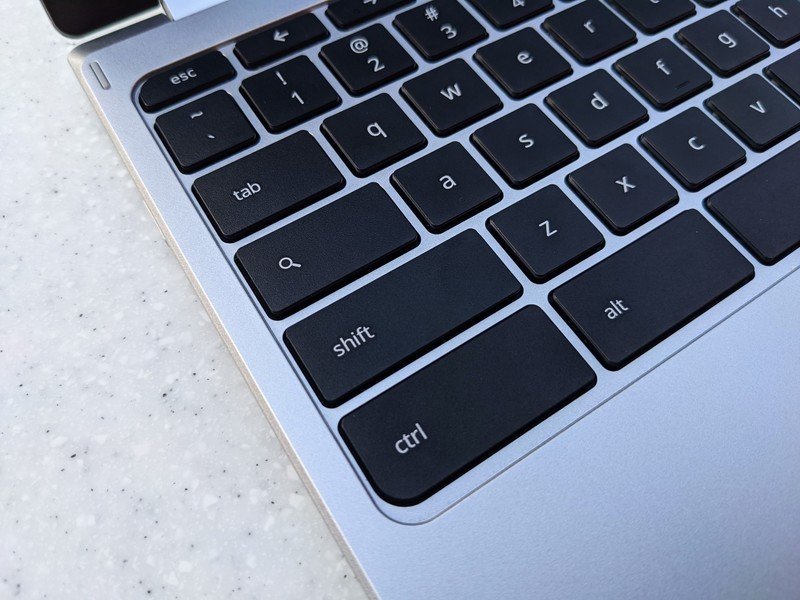
The Chrome OS keyboard has a few small but mostly useful changes compared to other laptops: the left Ctrl and Alt keys are larger thanks to the lack of Windows/Function key, and the F-12 keys are ditched in favor of Chrome OS's function bar with page, windows, volume, and brightness controls. The letter keys on a Chromebook are also lowercase, to make them easier for young children to recognize, but there's another Chrome OS change that makes things harder, especially for users with smaller hands.
You may notice that Chromebooks have a "search key" instead of Caps Lock. You can remap this key to be caps lock easily, but that's not something the user should have to go hunt down while in the midst of learning a new operating system. Especially for an operating system that's prided for its "ease of use", having to go dig through settings to get back a basic function is not great, and the physical key being a Caps Lock key would be better for the vast majority of users.
It's a small feature, but it's helpful in helping us avoid HAVING TO HOLD DOWN THE SHIFT KEY THE WHOLE TIME WE'RE YELLING ON TWITTER because WOW THIS IS ANNOYING AND MY PINKY IS STARTING TO CRAMP!
5. 8GB RAM should be an option on every Chromebook
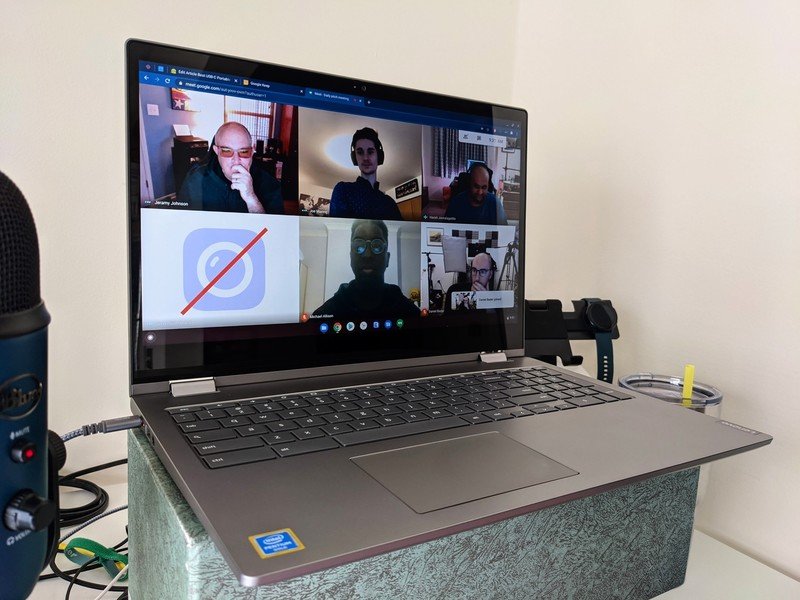
Years ago, Chromebooks shipped with 2GB of RAM, but for the last 3-4 4GB of RAM has been the standard. While I'm happy that budget Chromebooks come with enough RAM to get by, I really, really think it's time to move the goalposts again. There are two reasons for this: longevity, and video conferencing.
Distance learning is something that will be here for a while, and even if it wasn't, the number of people who will be working from home even after the pandemic ends numbers in the tens of millions, and as someone who is intimately familiar with what it feels like to bounce between 15 tabs on a Google Meet call with coworkers and bosses, I can tell you unequivocally that you want as much RAM as you can get.
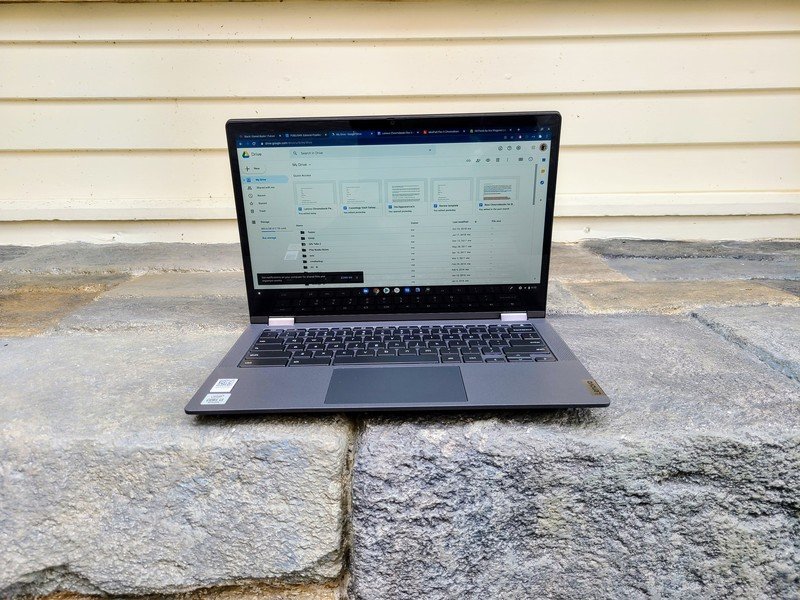
There's nothing worse when clicking back to a tab with notes to reference five points you want changed, and then the tab reloading because it was dropped from your RAM. You don't want that. And while we can normally keep our tabs under control, things always tend to spiral when video calls for work or school get involved.
The Chromebooks build today are also meant to last most of the next decade, which means they need the RAM to put up with the digital workload not just today but years from now. Chromebooks keep getting new features and we rely on our laptops to do more and more with each passing year, so we need the RAM so we have the room to do it all at once.
6. microSD slots need to be flush or recessed
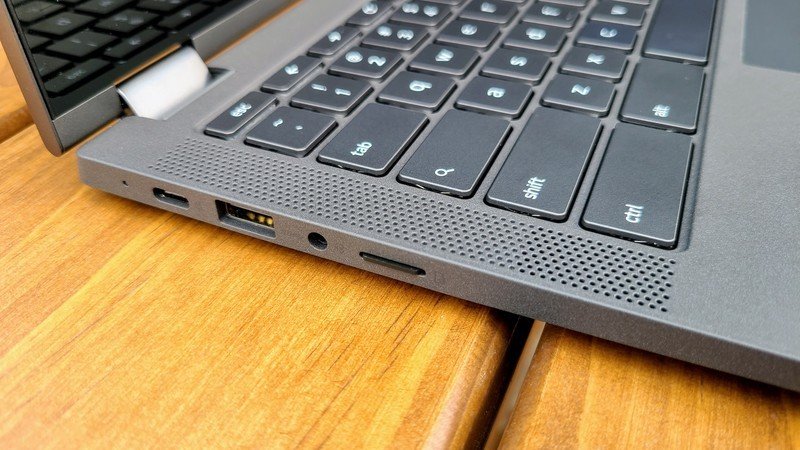
This last trick is one that a few Chromebooks have actually learned, specifically the ASUS Chromebook Flip C214 and Dell Chromebook 3100 2-in-1. These Chromebooks have slightly recessed microSD card slots so that the card isn't sticking out like a nub and exposed to bumps, breaks, or getting accidentally ripped out while moving a Chromebook to your backpack or the TSA scanning bins or just walking from the kitchen to the bedroom.
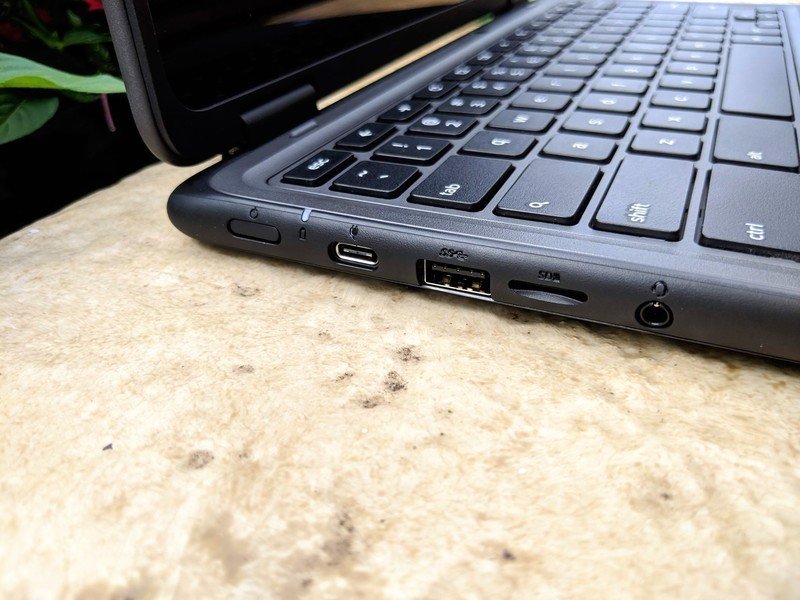
I never understood full-size SD card slots that made the card stick out, but doing it for a microSD card is doubly stupid. Even if you could argue that it's done due to lack of space — and no, that argument can't really be made for a Chromebook, whether it's 11.6-inches or 15-inches — microSD cards are vitally important to most Chromebooks because of how little storage most Chromebooks come with.
For many, a microSD card lives in a Chromebook the same way it does in an Android phone, and having it stick out just far enough to where a small jostle will eject it and potentially corrupt whatever file you're working on is like playing Russian Roulette with your work. Who wants that?
What annoys you on your Chromebook?
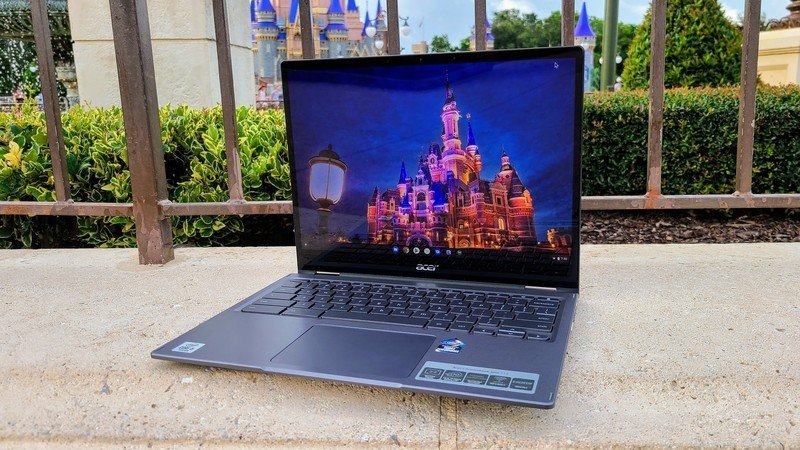
I'm only scratching the surface here — there are a myriad of small things Chromebooks could improve — but I know I'm now alone. What do you come across on your Chromebook that raises your blood pressure every time you realize it? Wishing Chrome OS didn't blind you every time you turned it on? Pissed off that microSD cards can't be used for storing and running apps the same way they are on Android tablets? Share your pain with us in the comments; trust me, it's better to let it out and let it be known!
Ara Wagoner was a staff writer at Android Central. She themes phones and pokes YouTube Music with a stick. When she's not writing about cases, Chromebooks, or customization, she's wandering around Walt Disney World. If you see her without headphones, RUN. You can follow her on Twitter at @arawagco.
